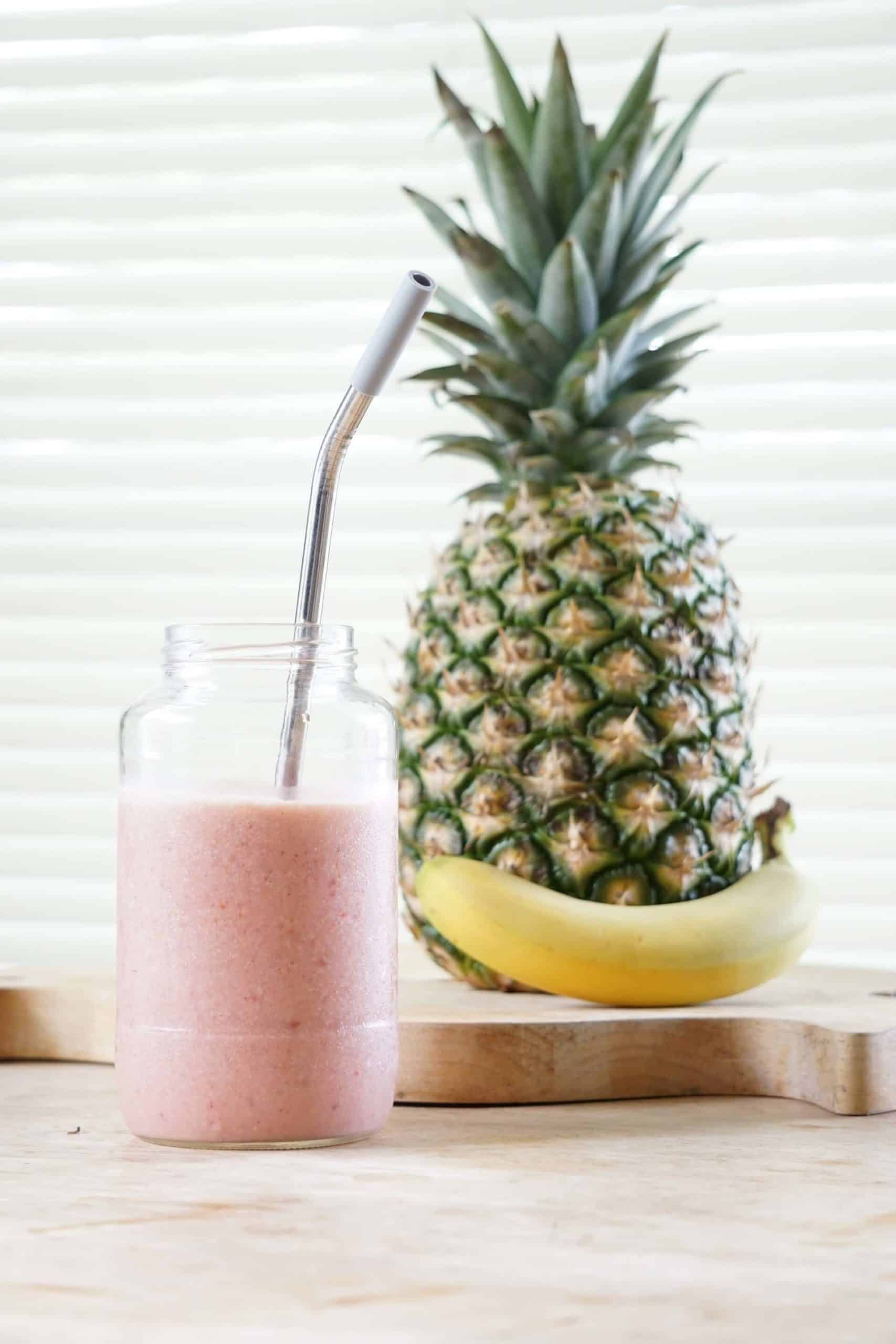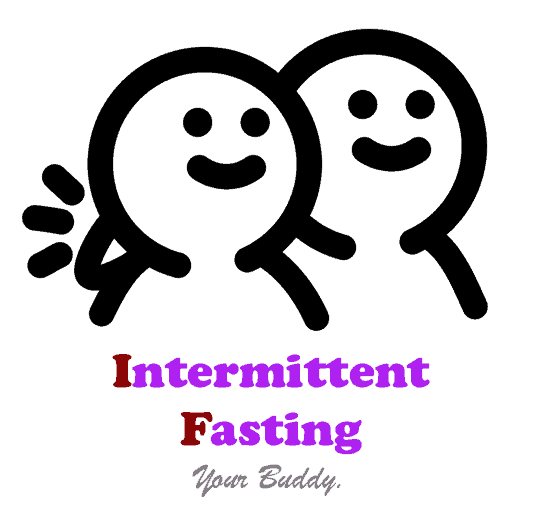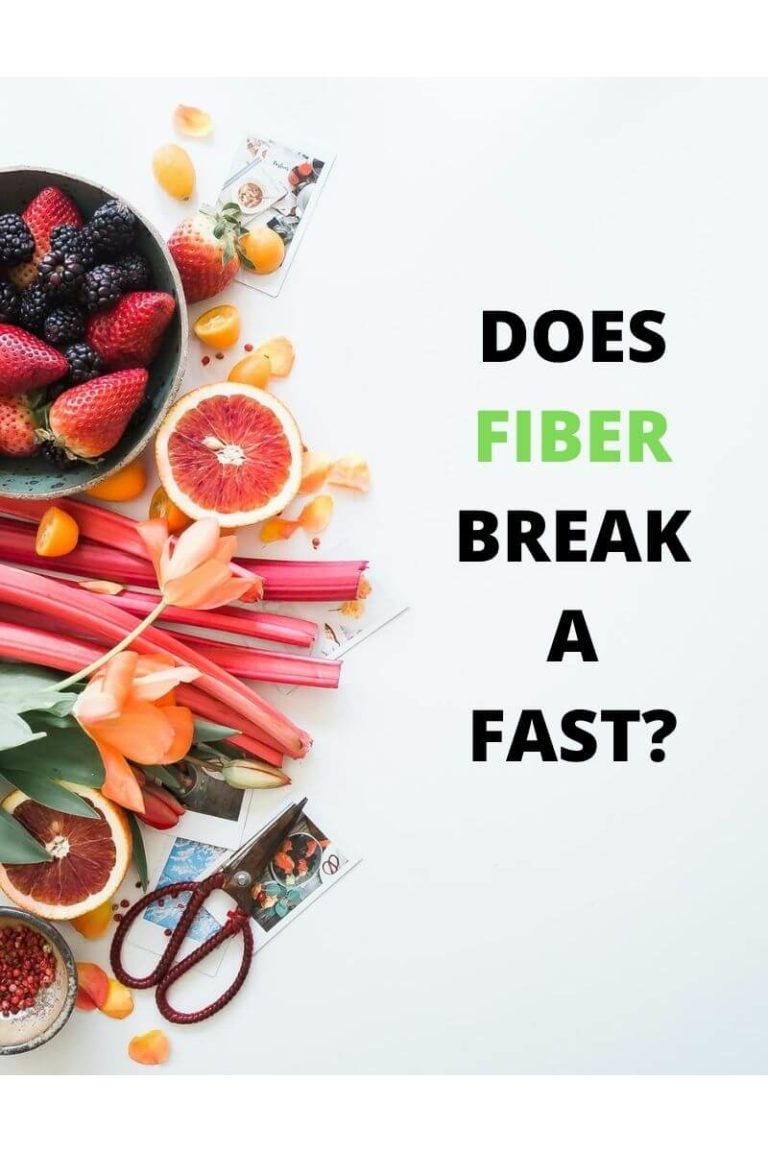You probably already know how great fiber is for your body. In the right quantities and eaten at the right time, fiber can ease digestion, prevent bloating, constipation, or diarrhea. Sometimes, fiber supplements may be necessary, as you can’t always get the daily recommended fiber quantity from diet alone. These supplements are usually taken in the morning, on an empty stomach. But what do you do when fasting? Does fiber break a fast?
The fiber you get from food will obviously break your fast. During your fasting window, you want to keep calories, and specifically carbs as close to zero as possible. Otherwise, you’ll get an insulin response, and the fast will be broken. Supplements, which contain sweeteners and other ingredients might break a fast, while others that come with zero calories and no added ingredients can be safely consumed by most people while fasting.
So let’s take a closer look at how and when you can use fiber during your fast and the pros and cons of breaking a fast with fiber.
Does fiber break a fast?
Fiber is mostly found in fruits and vegetables, grains, and starches, so of course, eating any of these things will immediately break your fast. Remember, just because you can’t have them in your fasting window, it doesn’t mean you shouldn’t have those foods at all.
In the case of fiber-rich foods, the opposite is true. A diet rich in fiber is the key to optimal digestion, weight loss, good immunity, and more.
Do fiber supplements break a fast?
Fiber supplements are a more complicated topic. The answer is it depends on the supplement itself and how it is manufactured. If there are any other ingredients on top of the fiber, such as sweeteners, there’s a risk they’ll break your fast. However, since some sweeteners are safe even while fasting (for example Stevia), it’ll be up to you to read the label and figure out if you can take the supplement or not.
Fiber supplements without any other additives are usually safe while fasting. For instance, a common supplement that does not break a fast is psyllium husk, which contains about 70% soluble fiber, and 30% insoluble fiber. Psyllium husk is not only safe while fasting, it actually makes it easier to fast for longer because it makes you feel full and it increases your energy.
I wrote an article about Psyllium husk: Will Psyllium Husk Break a Fast?
In short, look at the content of the supplement. If it has no calories, no carbs, and no sweeteners it is 100% safe. If you see sweeteners in the composition, do more research to see if those sweeteners are ok while fasting.
Should you break a fast with fiber?

After a long fast, it’s important to ease your way back to eating. In other words, avoid overeating, and have a healthy, well-balanced meal instead. A meal rich in fiber could be great, but be sure not to overdo it because that can cause the same side effects as eating too little fiber, bloating, constipation, or diarrhea. Some ways to break your fast with fiber include smoothies, dried fruit, and soups.

Smoothies, in other words, blended drinks containing fruits, veggies, and ideally a source of healthy fats and protein, are a gentle way to break a fadt, while also consuming a meal very rich in nutrients. Soups containing veggies, legumes, beans, are another great and easy way to get plenty of fiber. Dried fruits are higher in sugar, so you should be mindful of how much you eat them and if they are ok for you and your blood sugar levels. In small quantities, they can be the perfect solution if you need a quick pick-me-up after a long fast.
Benefits of breaking a fast with fiber
After a long fast, your GI tract is more sensitive to the foods you’re eating. You’re also more prone to digestive issues, especially if you overindulge. Foods rich in fiber are gentler on the digestive system. They also help manage blood sugar and they make you feel satiated faster, which means you’re less likely to overeat.
If for whatever reason you need more fiber, or if you need to have a diet lower in carbs and in foods that contain fiber, supplements could be the way to go. In terms of fasting, most fiber supplements won’t break your fast, but that doesn’t mean consuming them just before your first meal won’t have plenty of benefits. You’ll have better digestion, fewer risks of experiencing bloating or constipation, you’ll feel fuller, which means you’ll be less likely to overeat during your eating window.
Cons of breaking a fast with fiber
For most people fiber on an empty stomach is beneficial. However, there are a few instances where you might get more side effects than benefits. For instance, those who suffer from IBS-D might have a hard time tolerating fiber, especially on an empty stomach. There is no one-size-fits-all, so it is up to you to figure out how much fiber you can have before you get a flare-up.
Too much fiber, especially on an empty stomach can cause stomach pain, bloating, gas, diarrhea, or constipation even if you don’t suffer from issues such as IBS. If you notice any of these issues, the best thing to do is to check the fiber quantity you’re eating. Sadly, the symptoms of too little and too much fiber are usually the same. So keep in mind that the daily recommended intake is about 38 grams for men and 25 grams for women. If you’re eating more than that, or if you’re getting all that quantity in one meal, it’s probably too much.
The bottom line
Does fiber break a fast? Foods that are rich in fiber certainly do, but most supplements do not break it. Make sure you’re getting a supplement without sweeteners, or that the sweeteners are fasting-approved, and you should be ok. Fiber is also amazing for breaking your fast, whether it is through soups, smoothies, or raw or dried fruit, it will help you feel satiated quicker and it will reduce your risk of overeating. Don’t forget that it is possible to have too much fiber, so make sure your intake is at the right level at all times.


4 thoughts on “Does Fiber Break A Fast?”